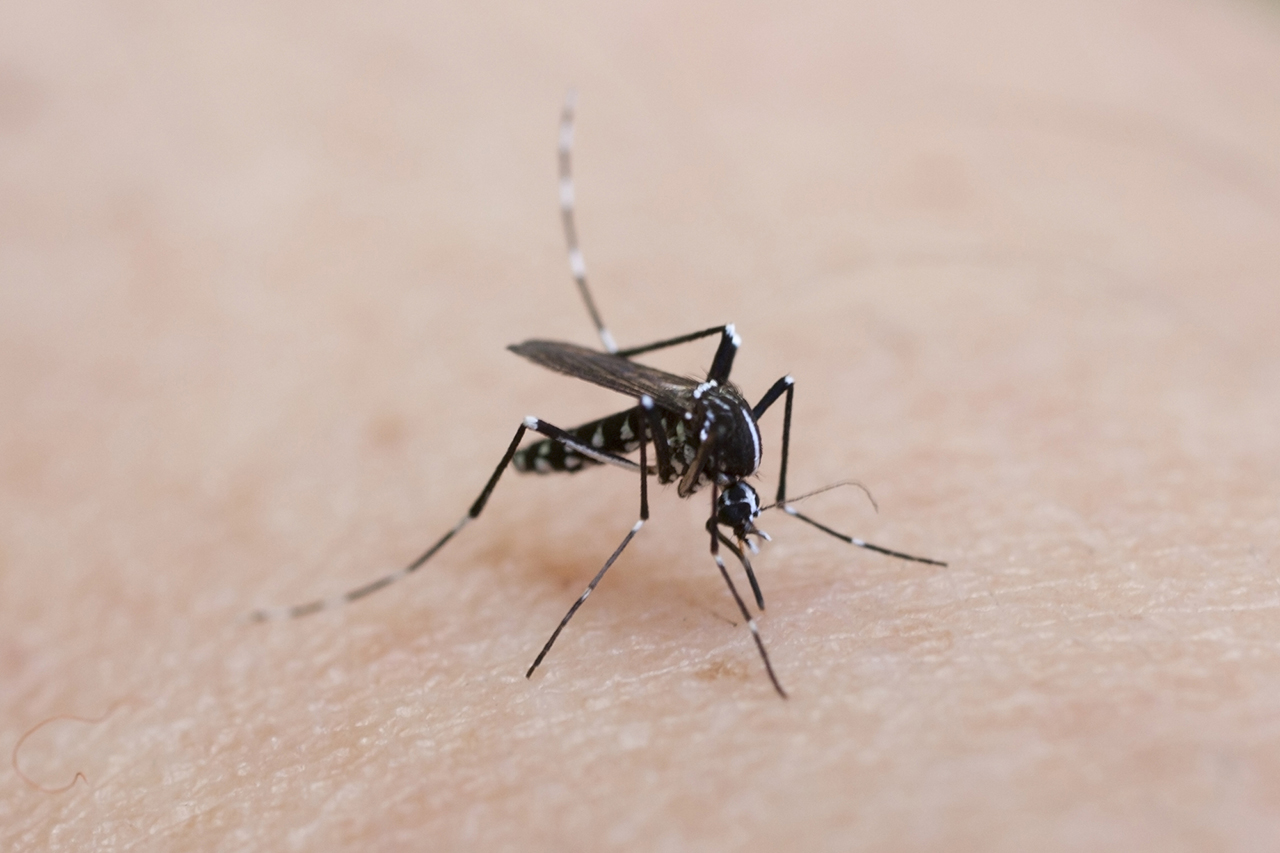Illinois State University’s Distinguished Professor of Ecology Steven Juliano received a $435,000 grant from the National Institutes of Health (NIH) to investigate the most advantageous time during the life cycle of mosquitoes to kill them. Juliano and his team are targeting mosquitos that can carry viruses, such as Zika and West Nile.
The three-year grant enables Juliano and his students to explore ways to reduce mosquito populations, without unintended consequences. Some current ways of reducing mosquitoes may actually increase population growth, noted Juliano. “People often impose ‘added mortality’ on a population of mosquito larvae—for example with chemical insecticide or a natural enemy,” said Juliano. “This sounds like a good idea, but it can benefit those individuals that survive.”
The result can actually be greater production of adults than would have occurred without the added mortality. “We call this overcompensation, producing a result that we don’t want—more adult mosquitos.” Added mortality can also yield larger, longer-lived adults, which can be better at transmitting disease. “We think the key is timing, and creating conditions where added mortality will not allow the survivors to reap the benefits. We’re looking for that sweet spot where you can apply mortality and not get overcompensation.”
In controlled lab experiments, Juliano and his students will study how different species of mosquitoes react to the timing of added mortality. “We want to know when mortality of larvae produces the best result, and how different mosquito species differ in their response. Timing may need to be tailored to the species,” he said.
Though there are thousands of species of mosquitoes in the world, Juliano and his students will concentrate on four species that carry diseases such as Zika, yellow fever, dengue, West Nile encephalitis, and LaCrosse encephalitis in the United States. The team will investigate the likelihood of overcompensation for mosquitoes in nature in Central Illinois, in St. Louis at the Tyson Research Center of Washington University, and in Florida where the mosquitoes that carry dengue and Zika are common.
For more information on the grant, contact Media Relations at (309) 438-5744.


